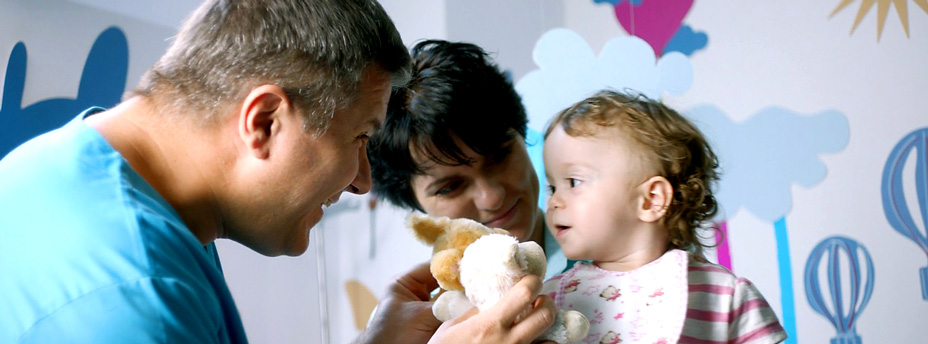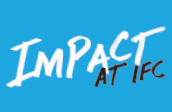
The provision of high-quality health care at affordable prices has benefited patients like Aneliss. © MedLife
 When Aneliss, a 13-month-old baby girl from a small town in Romania, was admitted with a brain hemorrhage to a public hospital in Bucharest, her prognosis was grim. Doctors referred the family to MedLife, Romania’s largest private health-care provider, because MedLife offered state-of-the-art technology and specialized medical teams that could resolve highly complex cases. Aneliss’ MedLife doctor was able to diagnose her rare condition, a type of venous aneurysm. At that time, there were only six such cases in the world, and this was the first in Romania.
When Aneliss, a 13-month-old baby girl from a small town in Romania, was admitted with a brain hemorrhage to a public hospital in Bucharest, her prognosis was grim. Doctors referred the family to MedLife, Romania’s largest private health-care provider, because MedLife offered state-of-the-art technology and specialized medical teams that could resolve highly complex cases. Aneliss’ MedLife doctor was able to diagnose her rare condition, a type of venous aneurysm. At that time, there were only six such cases in the world, and this was the first in Romania.
Aneliss’ survival depended on complicated brain surgery that had never been performed in Romania. Despite the odds, MedLife doctors operated successfully in September 2016.
“We found a team of consummate professionals at MedLife who helped my daughter become a normal child,” said Aneliss’ mother, Diana U. “She is laughing again and wants to get up and walk.”
Patient-Centric Services
In addition to handling complex cases on an inpatient basis, MedLife revolutionized medical care in Romania by introducing a new outpatient-centered approach to serving patients. It pioneered the “hyperclinic,” a 30,000 square foot (3,000 square meter) facility that brings over 50 medical specialties under one roof and which it outfits with modern diagnostic and treatment equipment. Today, these clinics, as well as their day surgery offerings, help reduce patient recovery time and cut costs of medical procedures.
MedLife’s focus on reshaping health care from the ground up is one of the reasons IFC has supported it for over a decade. IFC has played an important role in MedLife’s growth and expansion through different stages of its development with a mix of equity investments and loans totaling more than $90 million for its own account and through a syndicated loan.
Most recently, in December 2016, IFC supported MedLife in going public. It is the first healthcare company to be successfully listed on the Bucharest Stock Exchange.
The investments align with IFC’s global health strategy, which includes working with companies to bring to high-quality health care to emerging markets affordably, and financing providers that can deliver great service to lower-income patients. We also encourage the replication of best practices in cost-efficient health-delivery systems.
Healing Romanian Health Care
Besides introducing the “hyperclinic” concept, MedLife has expanded health-care services through a “one-stop-shop” model that allows patient treatment through an integrated network of clinics and hospitals, and complements these with on-site labs and pharmacies. For patients admitted to MedLife facilities, the quality of care and the infrastructure is on a par with several of its European neighbors. These developments were unimaginable when the country emerged from communist rule nearly three decades ago.
MedLife has also modernized medical staffing in Romania. It is attracting highly qualified doctors by hiring them directly and paying them well. This has eliminated a practice called the “grey envelope,” whereby doctors in public hospitals expected an informal payment prior to treating a patient. MedLife’s approach to transparent pricing and payments, a relatively new concept, has helped the company gain the trust of patients like Aneliss’ parents.
“We are forever thankful to the people at MedLife,” said the baby’s mother.
Case Study: Outpatient in its DNA—MedLife: Changing the Culture of Health Care in Romania
To learn more about IFC’s work in health, visit www.ifc.org/health.
Published in April 2017


